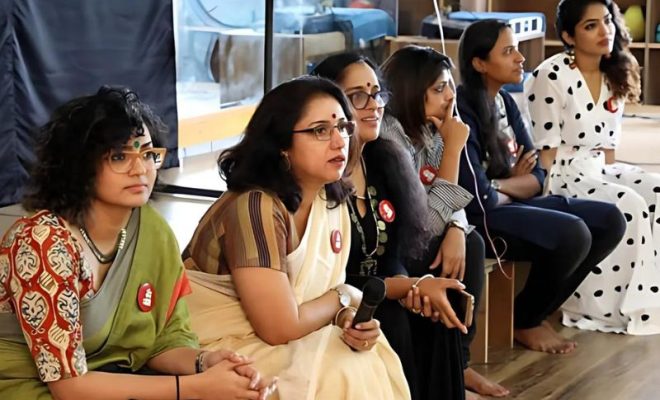Exposing the Dark Side of Malayalam Cinema: Insights from the Justice Hema Committee Report

The Justice Hema Committee report has shed light on serious issues of power abuse, harassment, and manipulation within the Malayalam film industry. The findings reveal that prominent and respected figures in the industry have been involved in shocking acts of sexual harassment and unwanted physical advances towards women.
The report, which was partially released to the public on August 19, 2024, highlights the pervasive nature of sexual harassment in the film industry, describing it as the most severe challenge women face. Many women, however, remain reluctant to share their experiences, particularly due to fears of being blacklisted or facing further harassment.
The Committee’s investigation found that the roots of this harassment are deep-seated and structural, embedded in the very fabric of the industry. The informal nature of work, the absence of legal contracts or grievance redressal mechanisms, and a culture that empowers influential men have all contributed to widespread sexual exploitation.
Aspiring female actors are often led to believe that such abuse is simply part of the job, a necessary evil to endure if they wish to succeed in the industry. This “quid pro quo” environment, where sexual favors are demanded in exchange for career advancement, has been normalized, with women being manipulated into compliance.
The report notes that many women were afraid to speak out, not just due to the fear of losing work but also because of potential online harassment and even threats to their safety and that of their families. The industry is described as a “Boys’ Club” where powerful men can act with impunity, and anyone who challenges this power structure risks being silenced and ostracized.
Despite the horrifying revelations, the report acknowledges that not all men in the industry are to blame. There are still respectable figures who strive to create a safe environment for women. However, the systemic issues within the industry, including the normalization of the “casting couch” and the lack of safe spaces for women on set, continue to perpetuate this cycle of abuse.
The formation of the Women in Cinema Collective (WCC) in 2017 marked a turning point, offering women a platform to share their experiences and seek support. The Committee’s report emphasizes the need for formal grievance mechanisms and better protections for women in the industry to prevent further exploitation.
The Hema Committee was established by the Kerala Government in response to a petition by the WCC, following the shocking abduction and sexual assault of a leading actress in 2017. The findings, submitted in 2019, were only made public after the State Information Commission ordered their release in July 2024, marking a significant step towards addressing these deeply ingrained issues.



